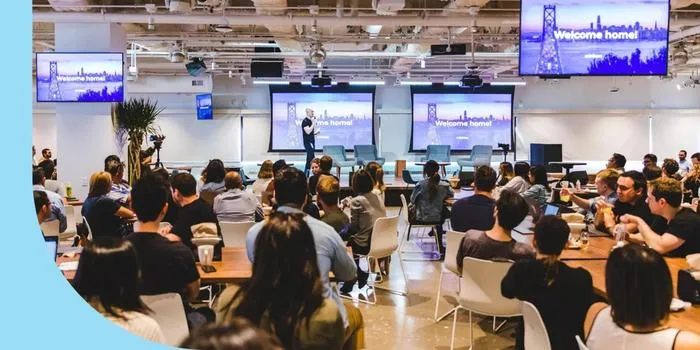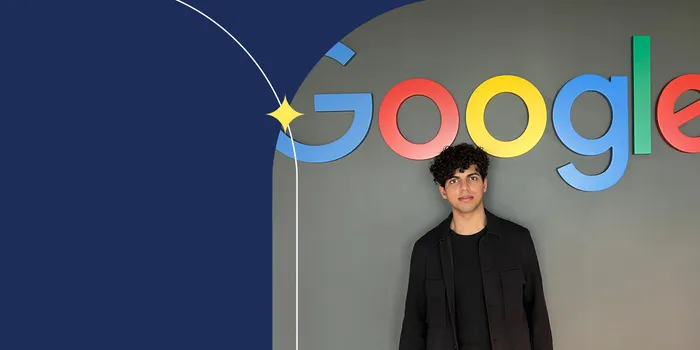Understanding the Tech Interview Landscape
In today's competitive job market, tech interviews can be a daunting experience. As a candidate, it’s essential to understand what hiring managers, especially Chief Information Officers (CIOs), are looking for during the interview process. CIOs play a crucial role in shaping the digital strategy of their organizations and thus have a keen eye for talent. Knowing how to tailor your approach can significantly enhance your chances of landing that coveted position.
1. Research the Company and its Culture
Before stepping into any interview, thorough research is paramount. Understand the company's mission, values, and culture. A CIO will appreciate candidates who resonate with the company's goals. You can explore the following:
- Company’s website
- Recent news articles
- Social media channels
Being informed will not only show your interest but will also give you the confidence to answer questions effectively, demonstrating your alignment with the company's vision.
2. Master the Technical Skills
Technical proficiency is non-negotiable. Whether you’re applying for a software engineering role, a data analyst position, or a cybersecurity expert, ensure you have a solid grasp of the relevant languages and tools. Here’s a breakdown of essential skills based on various tech roles:
| Role | Key Skills |
|---|---|
| Software Engineer | Java, Python, C++, Algorithms |
| Data Analyst | SQL, R, Excel, Data Visualization |
| Cybersecurity Expert | Network Security, Ethical Hacking, Firewalls |
Review the job description and tailor your preparation based on the skills highlighted by the CIO in the role’s requirements. Practice coding challenges and technical questions relevant to the position to solidify your knowledge.
3. Prepare for Behavioral Questions
CIOs often prioritize candidates who showcase not only technical skills but also cultural fit and soft skills. Be ready to answer behavioral questions that assess how you handle challenges, work in teams, and resolve conflicts. Utilize the STAR method (Situation, Task, Action, Result) to structure your responses effectively. Here are common behavioral questions you might encounter:
- Can you describe a time when you faced a significant challenge at work?
- How do you prioritize tasks when working on multiple projects?
- Give an example of a successful team project you contributed to.
Highlighting your problem-solving skills and teamwork will resonate well with a CIO.
4. Showcase Your Passion for Technology
A genuine passion for technology can set you apart from other candidates. During the interview, share personal projects, contributions to open-source software, or relevant online courses you’ve completed. This not only demonstrates your commitment to continuous learning but also reflects your enthusiasm for the tech industry.
Be prepared to discuss trends in technology that excite you, whether it’s artificial intelligence, cloud computing, or blockchain. This will show your prospective employer that you are not just looking for a job but are eager to contribute to the company’s growth.
5. Prepare Questions for Your Interviewer
Asking insightful questions can demonstrate your interest in the role and the company. A CIO appreciates candidates who engage in meaningful dialogue. Here are some questions you might consider:
- What are the biggest challenges your tech team is currently facing?
- How does this role contribute to the company’s overall mission?
- What opportunities for professional development does the company offer?
These questions can provide valuable insights into the organization while also showcasing your proactive mindset.
6. Follow Up After the Interview
A thoughtful follow-up can leave a lasting impression. Send a thank-you email to express your appreciation for the opportunity and reiterate your enthusiasm for the position. Mention specific points from the interview that resonated with you, reinforcing your fit for the role. This small gesture can keep you top of mind as the hiring process continues.
Conclusion
In conclusion, acing a tech interview requires a combination of technical knowledge, soft skills, and cultural alignment with the company. By understanding what CIOs look for and taking the necessary steps to prepare, you can set yourself apart from the competition. Remember, preparation is key. Equip yourself with the right information, practice thoroughly, and approach the interview with confidence. With these strategies in hand, you’re well on your way to impressing your potential employer!
By focusing on these areas, you can make a strong impression in your tech interview, aligning with the needs of the CIO and ultimately increasing your chances of landing the job.

















